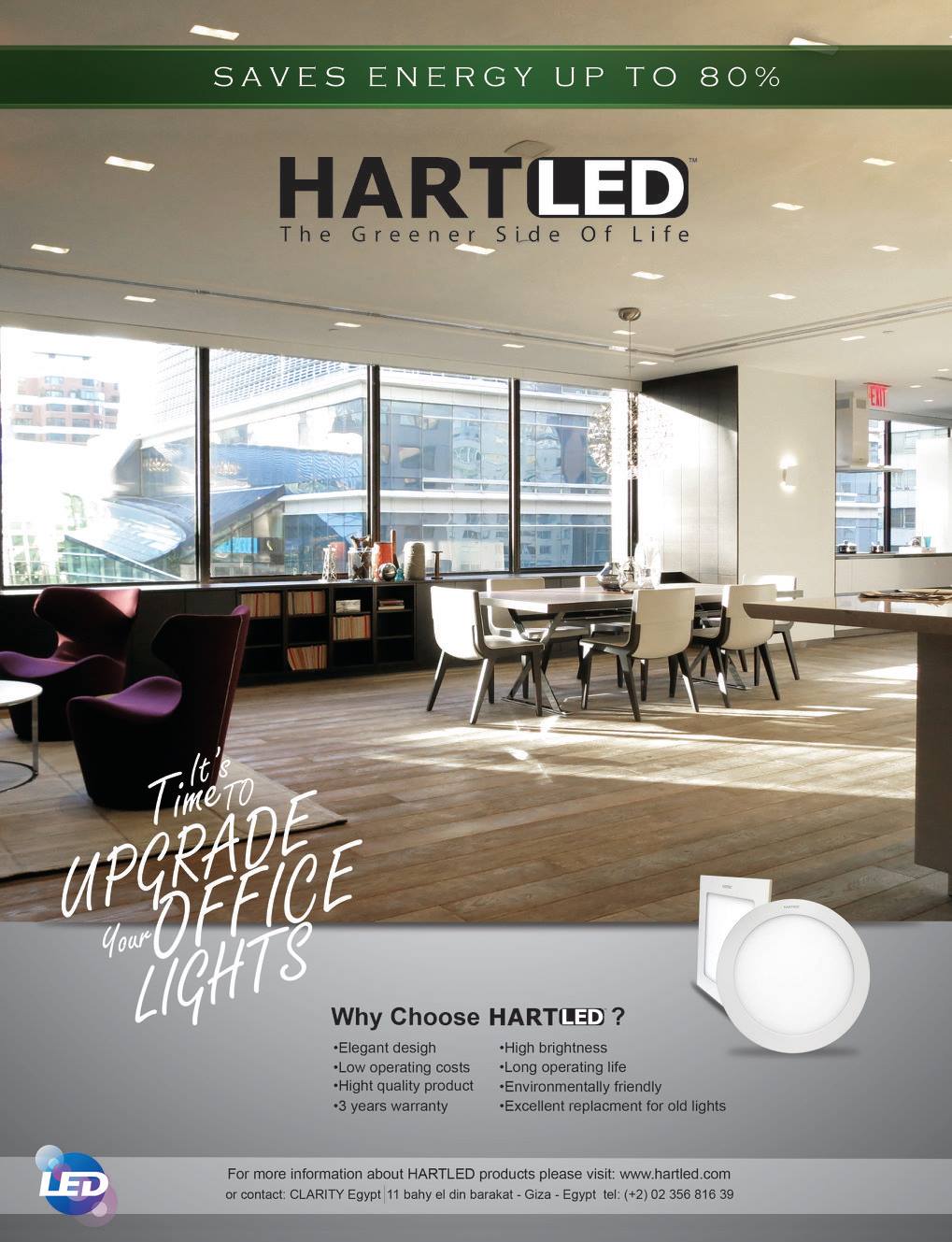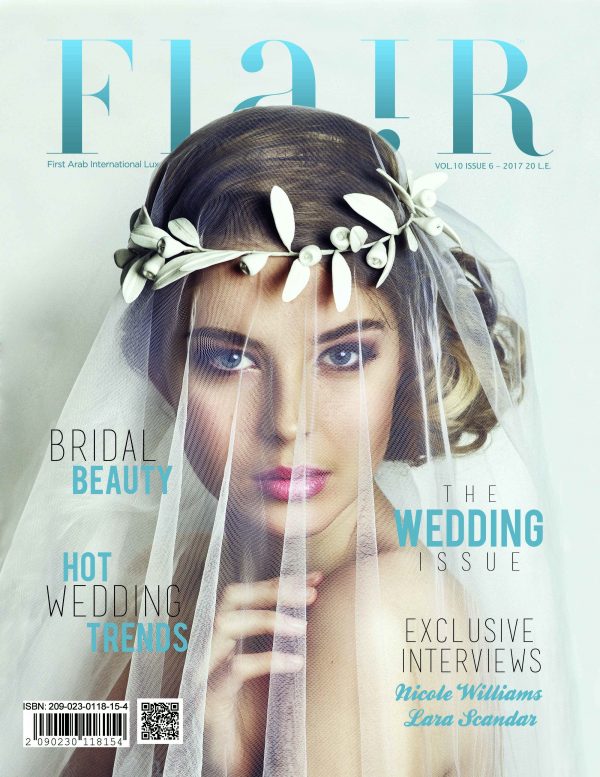A true embodiment of relentless passion, Bilo Hussein is an ace photographer based in Cairo. She started out with travel photography, and now she does everything from glamorous commercial shoots to working with top celebrities like Mona Zaki, Amina Khalil and Nelly Karim, just to name a few. We sat down with her to talk about the soul behind her work and learn more about her personal story.
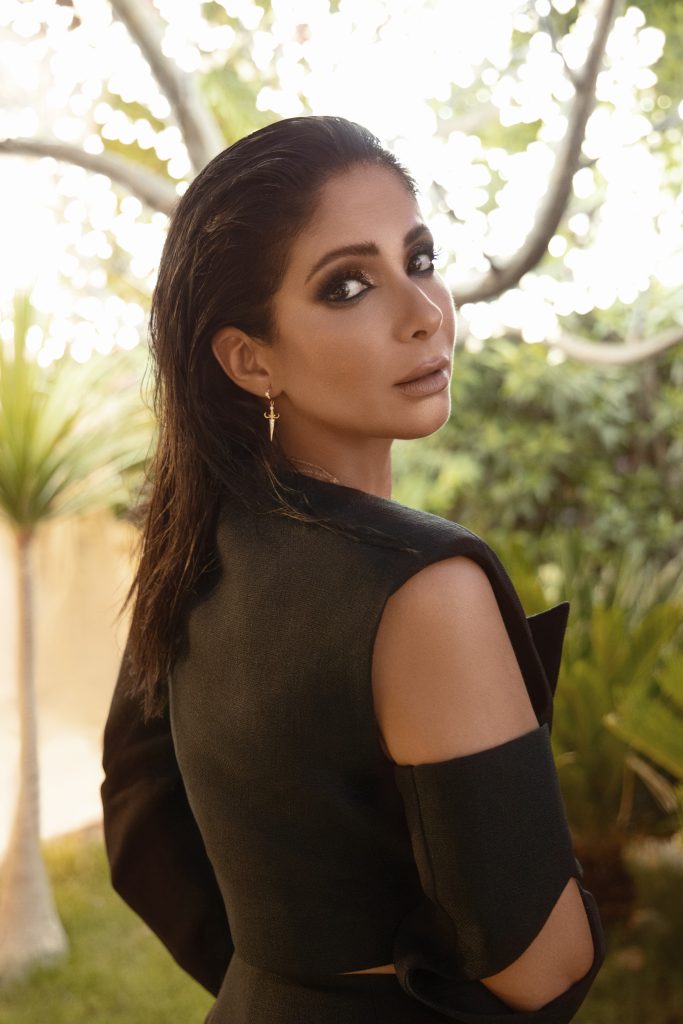
Tell us a bit about yourself and how you got started in this field.
It all started when I was living in London, doing my master’s in marketing communications at the University of Westminster. I wanted to document my time there, and at the time, I didn’t have an iphone and the phone that I had didn’t have a very good camera. So I bought a DSLR but I couldn’t use it and I felt there was a gap between what I see and what I can capture. That’s when I decided to study; I had a vision but I couldn’t seem to execute it because I didn’t know how to use the tools.
I began taking a six-month course, which then certified me as a professional photographer. By the end of it, I didn’t feel like I was quite good enough yet or ready to begin a career so I moved to New York and got an MPS in digital photography at the School of Visual Arts, which is ranked as the fourth best in the city. I stayed there for around two years, and worked for a little bit before I started getting jobs in Cairo and decided to move back and open up my own studio.
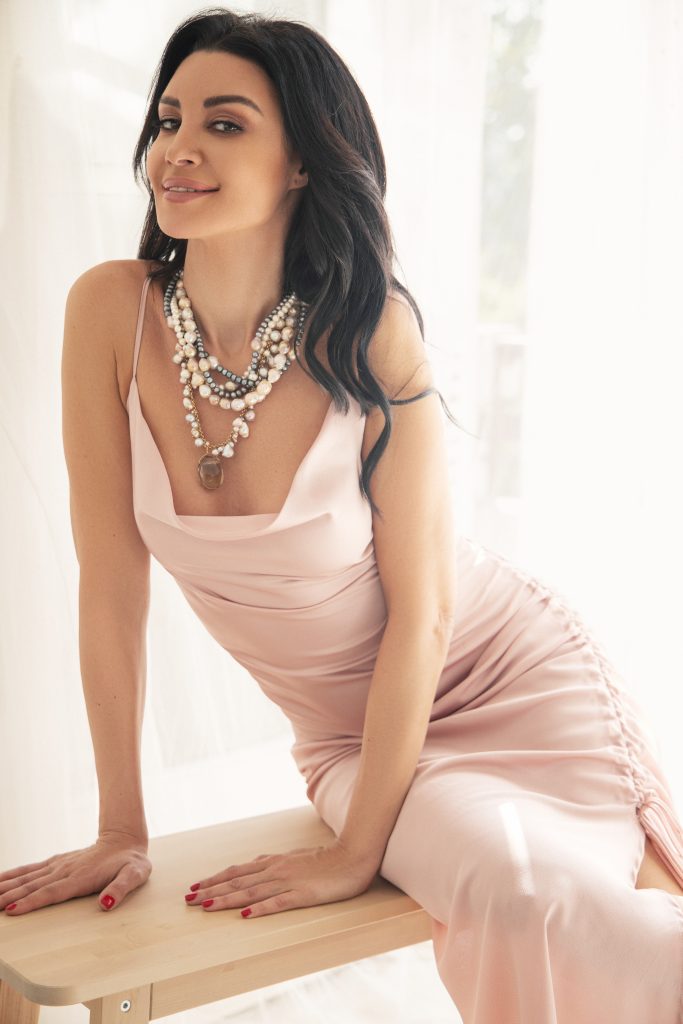
What does it mean to you to be a ‘photography-based artist’?
My approach to everything is how I feel at the moment, and I think this is how artists work. You just see what kind of state you’re in and the message you’re trying to send. Your state of mind, your environment and your encounters all influence how you think and the way you work. That actually keeps me in a constant state of feeling like I need to keep moving from one place to another all the time, because of how the change completely affects me and affects what I’m shooting.
During your studies in New York, what kind of challenges did you encounter and overcome along the way?
New York is extremely tough to live and work in because everyone is very competitive and good at what they do. I was also on my own and didn’t know anyone in the city. If you come from a country like Egypt where you have a close-knit society, and suddenly you’re cut off and nobody knows who you are, you only have your talent to prove yourself. You can probably imagine it was constant competition, like a rat race in which you have to prove yourself in everything you do and every chance you get. If you’re putting in 100% effort here in Cairo, you would have to put in 500% in New York.
Another thing was the lack of the support system I have here in Egypt. You can’t just pick up the phone and ask a friend if you can shoot at their place, for example. While this was definitely challenging, it didn’t put me down because I knew these challenges were only tied to the city I’m living in. The school actually assigns you to a group that you live with, travel with and study with and you do create a bond of friendship, but at the same time, we were all doing the same thing so it was extremely competitive. They literally tell you at school that you need to manage your jealousy. If you find someone’s work to be better than yours, you take that as motivation to aim higher instead of putting yourself down.

How has your experience been working with celebrities so far?
You should know that I didn’t start out shooting portraits. I was shooting places in the beginning; I was travelling so I initially got into travel photography. After that, I was shooting interiors and then I moved on to people. I waited three years before I started shooting celebrities because I always thought I needed to be really good at what I do before I jump into that arena. When you’re working with a celebrity, it’s a whole different game. They’re not models who are willing to stay on set for eight or twelve hours just to shoot a bunch of dresses. You have to connect with them in person and kind of profile them and see what works for them. You also need to know what kind of state they are in right now in their career so you can portray that. It was a bit challenging for me the first few times and then I got used to it.
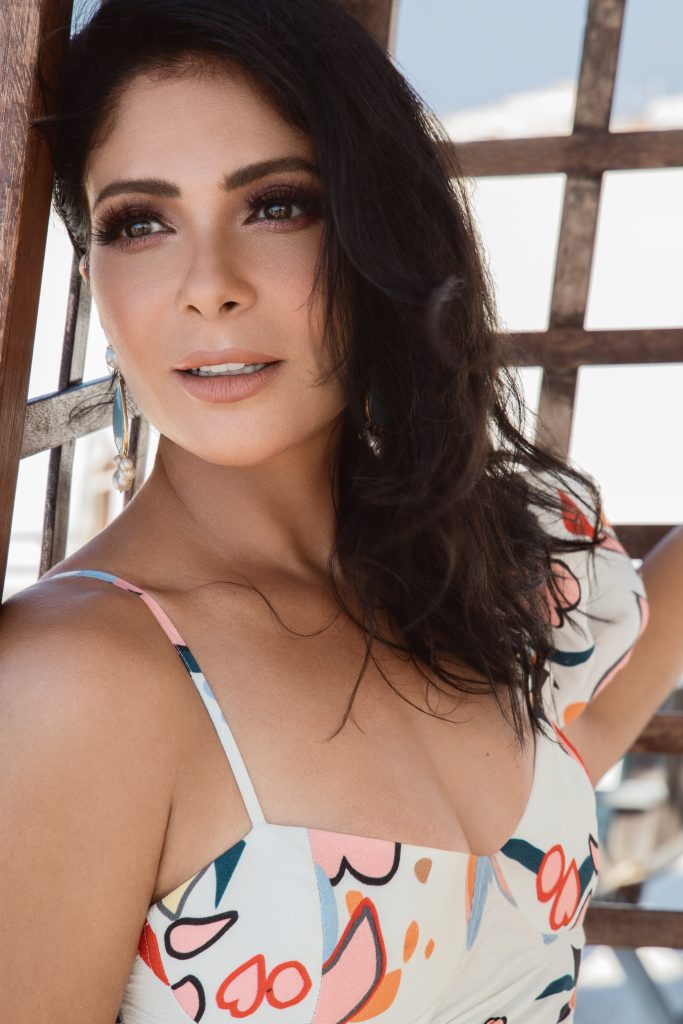
Among all your shoots, which one happens to be your absolute favorite?
I don’t have a favorite. They all feel like my children. I check my portfolio at least once a day and I evaluate how far I’ve come and then I weigh that against the goals I want to reach. It’s a constant process for me, and almost everytime I look at something, I feel differently about it.
How would you describe your photography style to someone who has never seen it before? Is there a certain impact you hope to have on people with your work?
I personally don’t think I have a specific style but I do get that. I’ve had many people tell me that when they see my work, they know it’s mine without reading the credits. The one thing I ask myself when I’m working is, ‘What am I shooting?’ because there is a difference between simply taking a picture of someone and ‘making’ a picture. The former means you’re documenting whatever is in front of you but the latter is completely different; you’re creating something. Whether it’s portrait, advertising, product, jewellery or interior photography, if I find something in the project that evokes my emotions, I’m already hooked and I know I can do it. I’d hope that this is what people see when they look at my work, that it’s soulful and makes you stop to look at it.
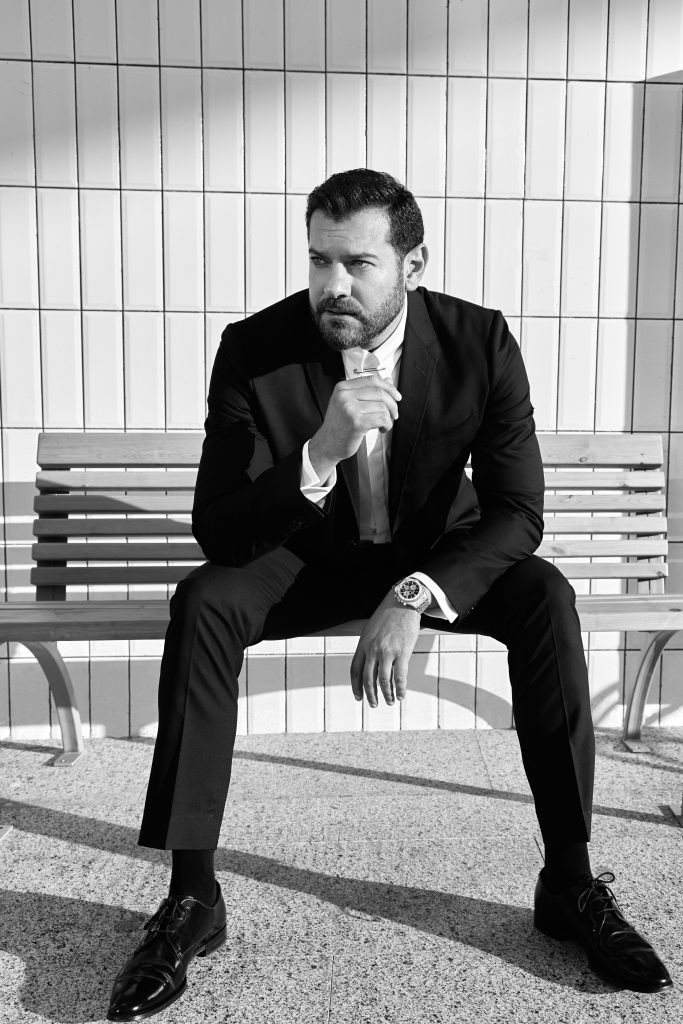
What projects are you currently working on?
The latest project I worked on was a cover story editorial for Arwa Gouda, and it was very interesting because I’ve known her for a long time. We were in school together in 1994, and she’s a dear friend of mine. We meet every so often and talk about how far we’ve come in life, and so when we were shooting together, I couldn’t believe that we got to reconnect this way.
Another project on my agenda is a photobook I’ve been working on with Al-Ismaelia Downtown, where I was documenting the death of theater over the course of four years. I’m working on it with three or four more photographers, where each one is covering a different topic. Someone is approaching the subject of street food in Downtown, for example, and another is documenting the last foreign generation living in Downtown. Right now, we’re in the process of completing the book and I’m very happy to be a part of it.

